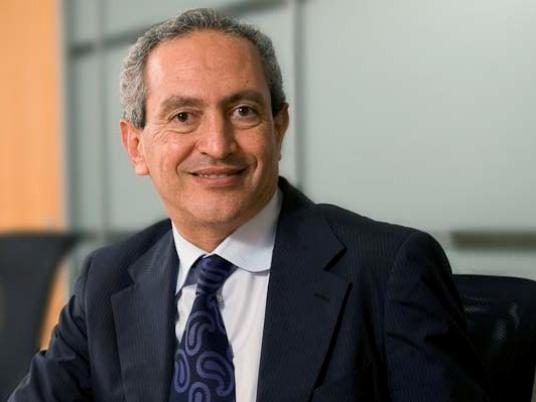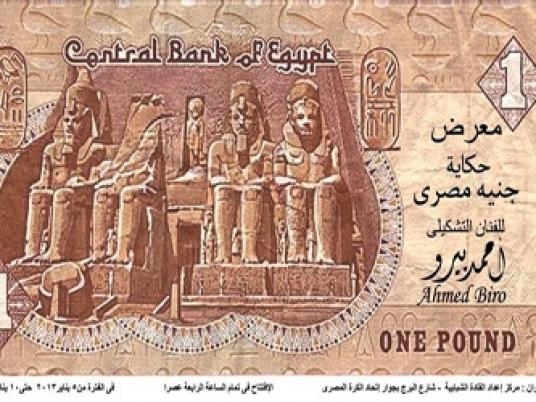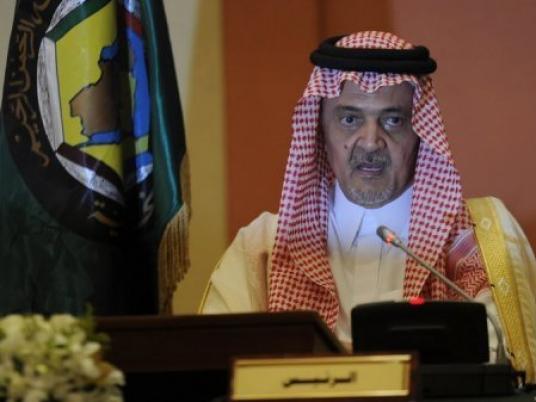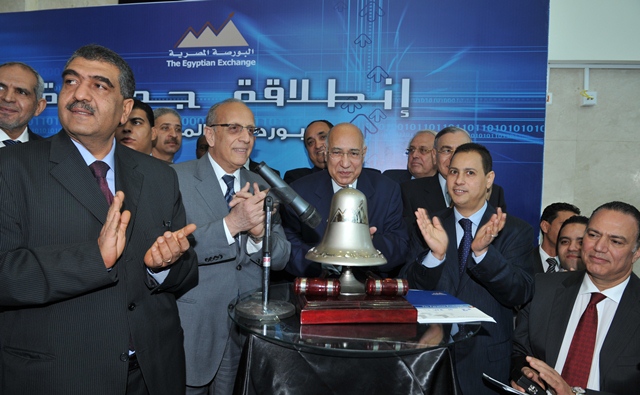
The number of millionaires in Egypt fell by around 3,000 during Morsy’s one-year rule, according to Credit Suisse Research Institute’s (CSR) Global Wealth Report 2013.
The total number in mid-2012 was around 25,000, which has since slumped to around 22,000 millionaires, representing a fraction of a percent of the country’s some 88 billion population.
Egypt ranked as the country that lost the sixth most millionaires in the world during this period, with Japan being the country which lost the most: 1,309,000 millionaires. In second was Brazil, followed by Argentina, South Africa and then Russia.
The loss of Egypt’s millionaires coincides with a larger trend of Egypt’s struggling economy. By mid 2013, the CSRI reports Egyptian wealth per adult dropped by over 12.5 percent to $7,285 from $8,328 in mid 2012, with total wealth at around $0.4 trillion.
The report also emphasized that Egypt’s share of total global wealth shrunk from 0.23 percent to 0.16 percent in the period between 2000 to mid-2013.
Mohsen Adel, managing director at Pioneers Fund, cites Egypt’s recent suffering an economic recession as the key factor in the loss of wealth. “The recession harms the local currency value and the country’s growth as well, affecting the total wealth,” he said.
The report also attributed Egypt’s wealth loss to the Egyptian pound (EGP) currency depreciation versus the US dollar (USD), which has depreciated by more than 15 percent between mid-2012 and mid-2013.
The value of EGP against the USD nosedived in the period after the dispersal of the pro-Morsy sit-ins in Nahda and Rabaa Al-Adweya squares. The USD was valued at 7 EGP, compared to 6 EGP five months ago.
The recent devaluation comes after the EGP had already experienced intermittent currency fluctuations during the political unrest following the 25 January revolt, turmoil and street violence, further exacerbating its value against the USD, which started at 5 EGP.
The CSRI report categorized Egypt as part of the largest group, named “frontier wealth,” ranging from $5,000 to $25,000 per adult. This group includes many of the world’s most largest populated countries, including China, Russia, Indonesia, Brazil, Philippines and Iran.
Egypt was among Argentina, South Africa and Brazil, where most of the world’s drop in wealth took place, the report said.
In a country where at least 25 percent live in poverty and hunger, spending no more than LE3 per day, according to CAPMAS, the CSRI report illustrates the large wealth disparity. Approximately six adults out of thousands millionaires own more than $1 billion, while eight adults their wealth worth between $500 million to $1 billion.
Despite the economic downturn, two of Egypt’s biggest tycoons, Nassef Sawiris and Mohamed Mansour, who own large companies in the construction, automotive, communications and media industries, saw their wealth rankings grow.
According to Forbes latest reports on the world’s top billionaires, Sawiris, who owns Orascom Construction Industries (OCI), one of the biggest trading companies, saw his ranking on the Forbes list rise from the world’s 199th richest man to 182th. Sawiris holds a total wealth of $6.5 billion and is the fourth richest man in Africa.
Meanwhile, Forbes reports that Mansour’s ranking rose from 764th richest man to 670th.
Nassef’s older brother, Naguib Sawiris, the business tycoon who owns the Orascom Telecom Media and Technology, saw his ranking fall from 367th to 589th. His fortune is worth $2.5 billion, making him the second richest man in Egypt, after Nassef, according to Forbes.
Mohsen says the government can play a strong role in turning around Egypt’s economy. “The situation needs a wide-range economic plan instead, and the government has to restructure its growth’s strategies to improve its income per capita, which consequently will add to the total wealth of the businessmen and investors,” he pointed.
Mohsen, however, expressed doubt that the CRSI report was accurate, emphasizing while that the international reports build their conclusions on information and data received from the “official” sources in Egypt, Egypt also has many informal sources, making the results of the report uncertain.
According to the report, the world witnessed a total increase in the number of millionaires. With 1.8 million new millionaires, the number of millionaires around the world reached the 31.7 million millionaires.
The richest nations, with a wealth rating of over $100,000 per adult, are found in North America, Western Europe, and among the rich Asia-Pacific and Middle Eastern countries. .
The United States posted a fifth successive year of rises in personal wealth, fuelled by a recovery in house prices and a bull equity market.
The report expected that the global wealth is projected to rise by nearly 40 percent over the next five years, reaching $334 trillion by 2018.




